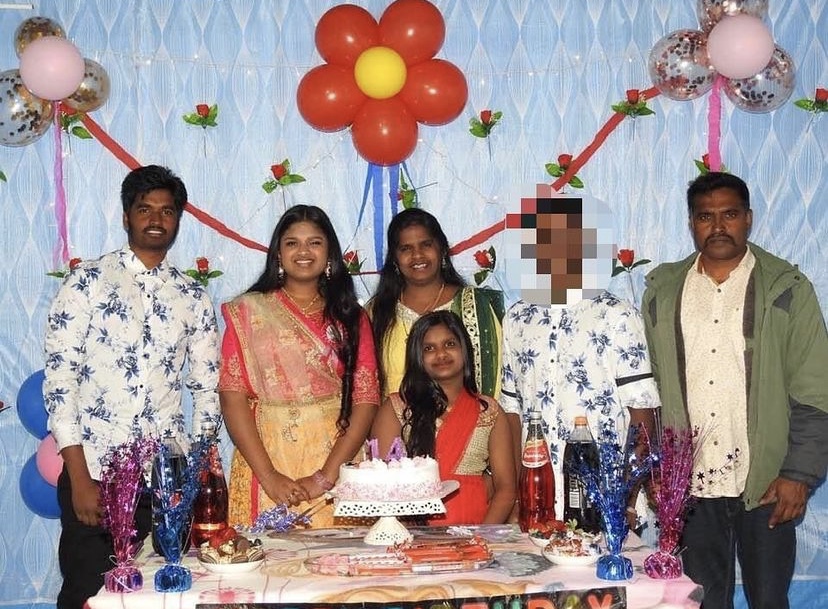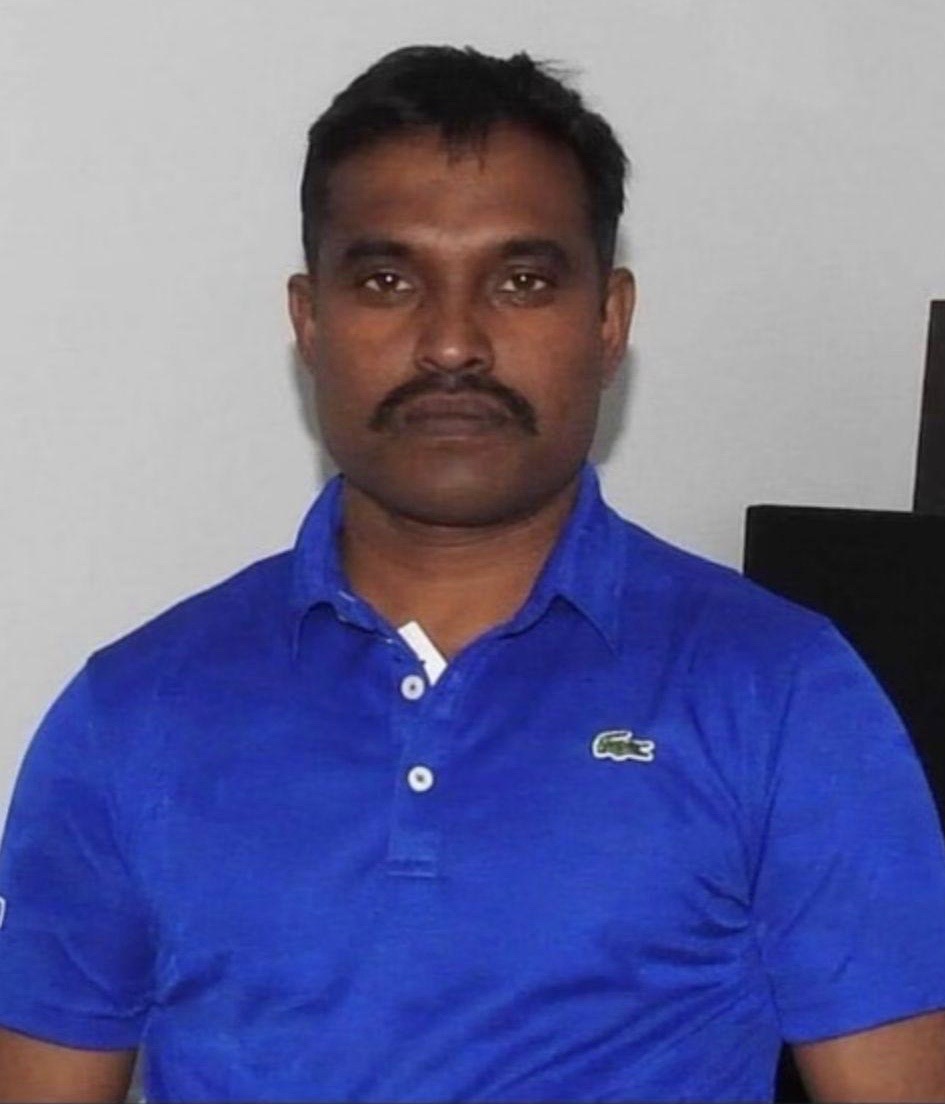Koneshwaran Krishnapillai, a Tamil refugee and father of three, has died after setting himself on fire on Friday, following years of uncertainty regarding his immigration status in Australia.
The 38 year old, who was denied a protection visa by the Australian immigration department in 2018, "was constantly worried about being deported back to danger," according to the Tamil Refugee Council.
Koneshwaran fled Sri Lanka as a child alongside his family after receiving threats from the Sri Lankan military. He later arrived in Australia from India by boat in 2013.

"Koneshwaran suffered from depression for many months. Gradually, his psychological state deteriorated. Finally, he was pushed over the edge," Tamil Refugee Council's spokesperson, Renuga Inpakumar, said in a statement.
"We have lost many refugees to Australia’s refugee policy, and we dread that there will be more. Asylum seekers have been telling us for a long time that they would prefer to die here than be sent back to Sri Lanka. Here we have yet another case illustrating just how desperate and hopeless the situation has become for Tamil refugees in Australia," the Tamil Refugee Council added.
Koneshwaran leaves behind his wife Shanthini and three children, Hari, Thenmoli and Nithya.
Australia’s continued draconian immigration policy persists despite growing recognition of the threats of torture and abuse that Tamil asylum seekers face when forcibly returned. Earlier this year, a landmark court ruling in the UK, found that a key document used by Home Affairs and tribunals in Australia to reject refugee applications for Tamils from Sri Lanka to be “unreliable”.
The Australian Department of Foreign Affairs and Trade (DFAT) 2019 country information report on Sri Lanka claims torture of Tamils is no longer state-sponsored and that there is a low risk of torture overall. However, the United Kingdom Upper Tribunal questioned its methodology and noted, "none of the sources [in the report] are identified, there is no explanation as to how the information from these sources was obtained."
The court went on to recognise that the "authoritarian and paranoid" Sri Lankan government monitors the activities of the Tamils diaspora. If an asylum seeker was returned to the country, they risk being subjected to torture, which is "endemic" in the Sri Lanka.

